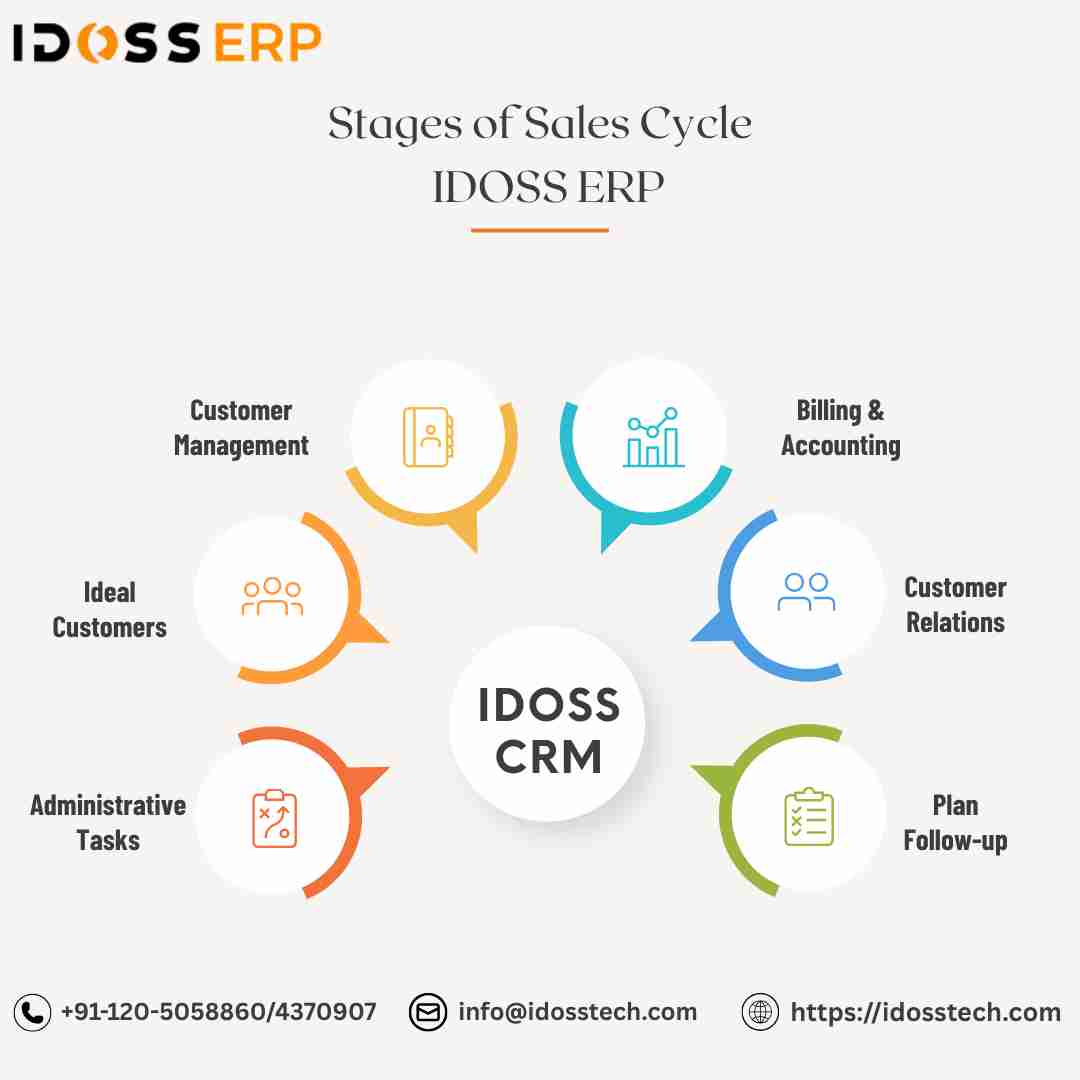Why ERP for Small Business is the Key to Long-Term Growth
In today’s competitive market, small businesses face unique challenges. Unlike large corporations with huge budgets and teams, SMEs often operate with limited resources, fewer employees, and smaller margins. To survive and thrive, they need smart tools that reduce costs and boost productivity. One such solution is ERP for small business
—a powerful system that integrates every aspect of a business into one platform.
Understanding ERP for Small Business
ERP (Enterprise Resource Planning) is a software that unifies core business functions such as finance, sales, human resources, inventory, and customer service. Traditionally, ERP systems were expensive and only accessible to big enterprises. However, cloud technology has made it possible for small businesses to enjoy the same benefits at affordable prices.
By adopting ERP for small business
, companies can:
Manage all departments in one place.
Eliminate manual errors.
Improve decision-making with real-time data.
Build a foundation for long-term scalability.
Why Small Businesses Should Not Delay ERP Adoption
Many entrepreneurs think ERP is “too advanced” or “too expensive” for their size. But the truth is, delaying ERP can harm efficiency and profits. Here’s why ERP is vital today:
Fewer Resources, Bigger Burden – Small teams often juggle multiple roles. ERP reduces the workload with automation.
Fierce Competition – SMEs must match the efficiency of bigger players. ERP levels the playing field.
Data Accuracy – Spreadsheets and manual entries are prone to errors. ERP ensures accurate reports.
Customer Expectations – Fast deliveries, order tracking, and personalized service are now must-haves. ERP makes them possible.
With the right ERP for small business
, entrepreneurs can achieve better control without overspending.
Key Benefits of ERP for Small Business
1. Centralized System
Instead of juggling multiple software for accounting, inventory, and sales, ERP consolidates all functions in one platform. This saves time and reduces complexity.
2. Real-Time Insights
With ERP, owners can view sales trends, inventory status, and financial health instantly. Better insights lead to smarter business decisions.
3. Improved Productivity
Routine tasks such as invoicing, payroll, and GST compliance are automated, freeing up time for growth activities.
4. Cost Savings
ERP reduces wastage, prevents stock issues, and lowers administrative costs. In the long run, it pays for itself.
5. Customer Retention
Faster service, accurate billing, and seamless order tracking improve customer satisfaction, building long-term loyalty.
For SMEs, these benefits make ERP for small business
a game-changing investment.
Features of IDOSS ERP That Empower SMEs
Not all ERP systems are designed for small businesses. IDOSS ERP, however, is built specifically for SMEs and startups. Key features include:
Inventory Management – Real-time stock tracking, supplier management, and automatic reordering.
Smart Accounting – GST-ready billing, payroll, and expense tracking.
Sales & CRM – Lead management, customer history, and faster order processing.
Data Security – Cloud storage with strong encryption for safe data management.
Scalability – Easily add modules as your business grows.
Choosing ERP for small business
with ensures that SMEs can manage operations smoothly without high costs or complex training.
Real-World Examples of ERP Success
Retail Stores – Small retailers reduced overstocking and improved order fulfillment by integrating ERP.
Manufacturers – SMEs in manufacturing cut production delays by streamlining supply chains.
Service Firms – Startups offering services used ERP to track projects, manage billing, and keep clients updated.
These examples show that ERP is not just for theory—it delivers real growth for small businesses.
How to Select the Right ERP for Small Business
Choosing the right ERP requires planning. Here’s a checklist:
Identify Needs – Which areas of your business consume the most time and money?
Check Features – Look for must-have functions like inventory, billing, and CRM.
Budget Consideration – Select a solution that balances affordability and features.
Ease of Use – ERP should be simple for employees to adopt quickly.
Future Growth – Choose ERP that can expand as your company scales.
For SMEs in India and worldwide, ERP for small business
by IDOSS is designed to meet all these criteria.
The Future of ERP for SMEs
The future of ERP lies in automation and AI. Soon, ERP will not just track data but also:
Predict customer demand.
Optimize inventory automatically.
Suggest business strategies based on data analytics.
Adopting ERP today ensures small businesses remain future-ready.
FAQs About ERP for Small Business
Q1. Is ERP affordable for small businesses?
Yes, modern ERP solutions like IDOSS are designed to be budget-friendly.
Q2. How long does ERP implementation take?
For SMEs, ERP can be implemented within weeks.
Q3. Can ERP grow with my business?
Absolutely. Cloud-based ERP solutions are scalable.
Q4. Does ERP require technical skills?
No, systems like IDOSS are user-friendly and require minimal training.
Conclusion
Every small business wants to grow, but growth is impossible without efficiency, automation, and smart data management. ERP is no longer optional—it’s a necessity. With ERP for small business
, SMEs gain control over operations, cut costs, and improve customer satisfaction.
https://idosserp.com/ brings all these benefits in one package—affordable, scalable, and built for small businesses. For entrepreneurs ready to scale up, ERP is not just software; it is the key to long-term success.






